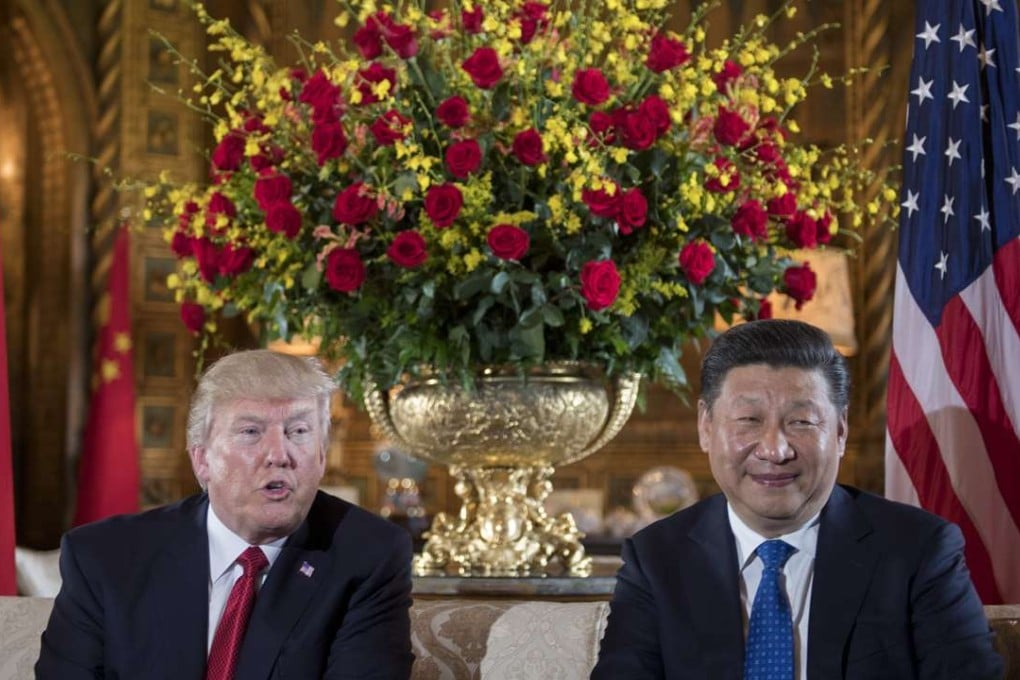Xi and Trump’s message from Mar-a-Lago: Yes We Can
Beneath the shadow of a US missile strike on Syria, the Chinese and US presidents made substantial progress, even if differences over North Korea, Taiwan and trade remain formidable

As President Xi Jinping touched down in Palm Beach, Florida, in the early afternoon of April 6 for his first face-to-face encounter with the brash and flamboyant American president, US-China relations were poised in a state of suspended animation.
Four questions loomed over the gathering at Mar-a-Lago, Trump’s officially designated ‘Winter White House’.
First, would Donald Trump be an exception to the presidential rule on America’s China policy? For four decades and counting, US presidential candidates have typically made harsh pronouncements regarding China. Yet incumbency has elicited a more pragmatic tone of voice and deed, as presidents tend to revert to the mean in China policy.
Xi-Trump Mar-a-Lago summit: beyond sweet nothings
President Trump is hardly a typical or conventional American president however. Having styled himself as an anti-establishment leader with a determination, first and foremost, to set America’s yawning trade deficit with China straight, Trump – more than any of his predecessors – appeared equipped to break with this mean reversion rule on China policy.

Second, would Xi be able to develop a personal chemistry with the American president during their first meeting? Politically, they appear as different as chalk and cheese. Xi envisions himself as the great captain and consolidator of the ship of state and party who will boldly navigate China along the challenging reformist path ahead. Trump, by contrast, views himself as the great disruptor, upending the system to regenerate his country and ‘Make America Great Again’.
Third, could the two presidents enjoy a frank exchange of views on the numerous issues that divide Washington and Beijing, such that each could convey his bottom line on these issues to his counterpart? If not, could they at least lay out their most important priorities and, on this foundation, build a basis of cooperation that seeks out common ground among differences and respects each other’s aspirations and concerns?
